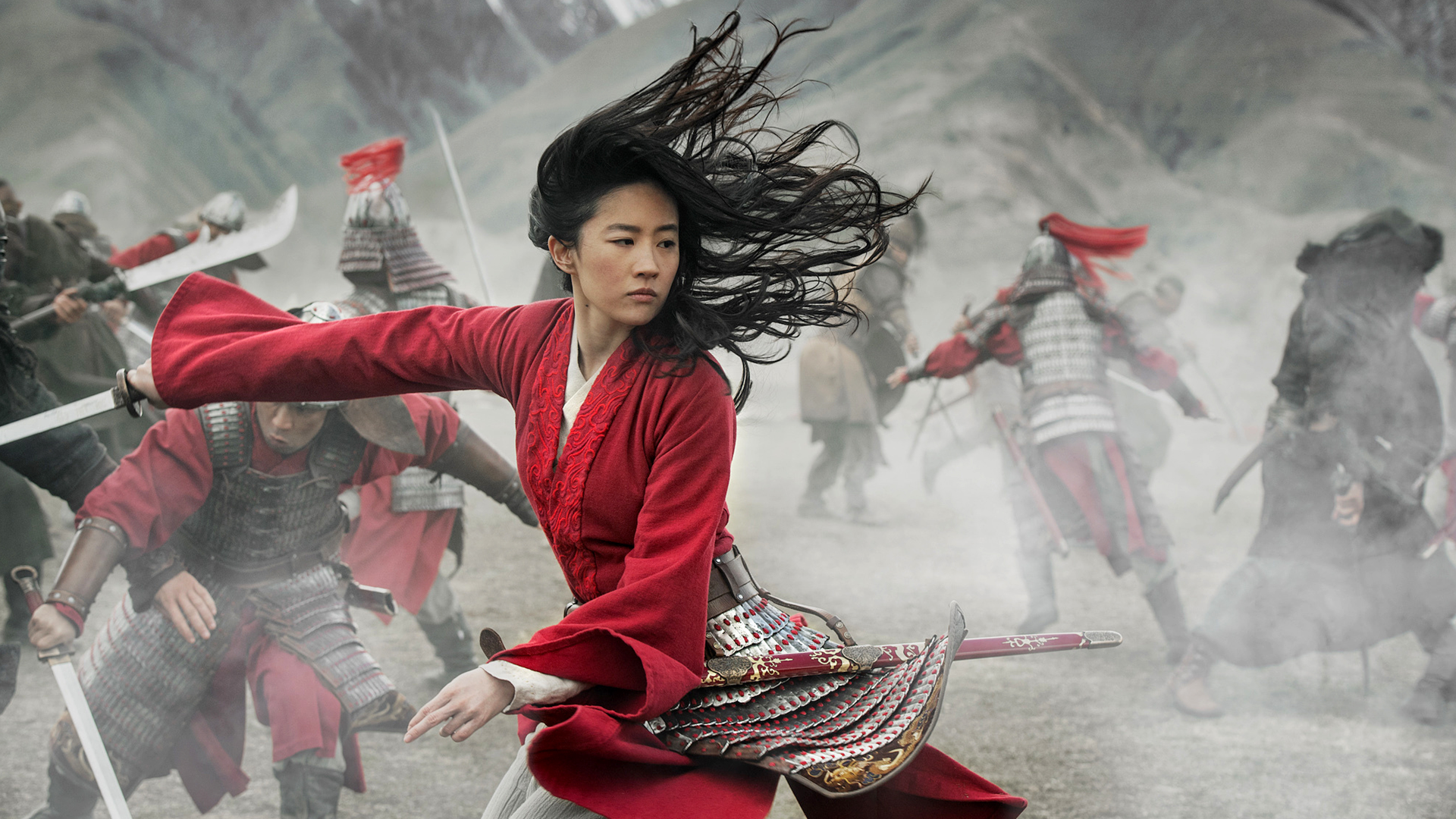Honk Kong activists are pushing to boycott Disney’s Mulan remake as the company ignores China’s violations of human rights in the Xinjiang province.
Disney has been battling waves of controversy surrounding its ties to China since the Hong Kong protests erupted last year.
Its latest film, a remake of the 1998 animated classic Mulan, has just been released on Disney Plus and activists have been urging people not to endorse Disney by purchasing or watching the film, using the hashtag #BoycottMulan across Twitter.
What is the lesson of #Mulan? We learned our efforts to change #China have instead changed us. #Disney, which once prided itself on its wholesomeness, has become complicit in crimes against humanity and therefore immoral. #boycottmulan
— Gordon G. Chang (@GordonGChang) September 9, 2020
The lead actress Liu Yifei expressed adamant support for the Chinese state last summer, sharing a message on Weibo that read ‘I support Hong Kong’s police, you can beat me up now’.
What’s more, a large chunk of the movie was filmed in the Xinjiang province where the state is thought to be detaining millions of Muslim Uighurs in concentration camps. Reports of forced labour and mass sterilisation have been slowly leaking out to the wider world and China insists it’s ‘fake news’. This is a serious breach of human rights, yet Disney thanks a government security agency from the region during Mulan’s end credits and fails to mention any of the recent news.



















